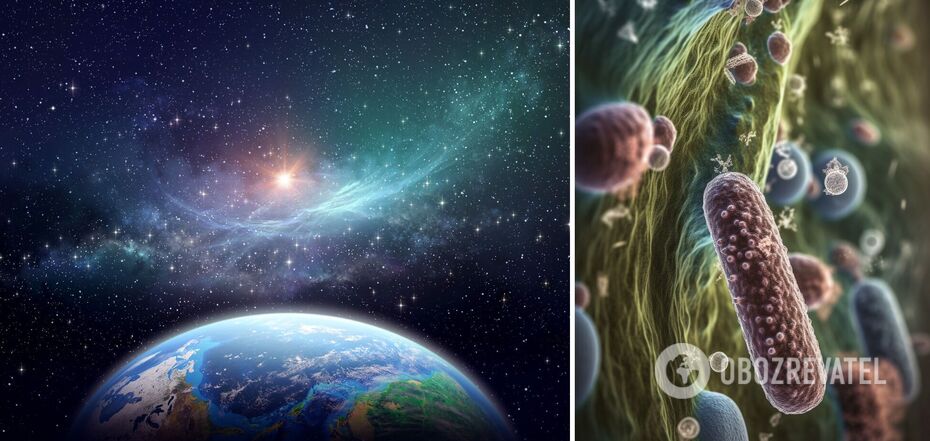News
Scientists have found a lake where all life on Earth could have originated
The Canadian lake Last Chance Lake in British Columbia may be one of those lakes where primitive life formed on the ancient Earth. Scientists conducted a global study that confirmed that there were all the chemical conditions for this.
This is stated in a paper published in the scientific journal Communications Earth & Environment. A few years ago, scientists from the University of Washington proposed a hypothesis that key ingredients for life could have formed on Earth billions of years ago in a special environment known as soda lakes. Their hypothesis was supported by previously published research, as well as computer modeling and laboratory experiments.
Now scientists claim to have found such a soda lake in Canada. It is the Last Chance Lake in British Columbia.
A soda lake is a body of water in which chemical reactions between water and underlying volcanic rocks lead to high levels of dissolved sodium and carbonate. This solution is very similar to dissolved baking soda.
Such lakes can also have high levels of dissolved phosphate. Phosphate is an important building block for DNA and RNA, as well as a key component of cell membranes.
But it's not just the presence of phosphate, it's the concentration of phosphate, which must be millions of times higher than the levels found in rivers, lakes, or the ocean.
According to Geek Wire, in 2019, a laboratory study was published that confirmed that under certain conditions, soda lakes may well have the necessary concentration of phosphate.
The author of the 2019 study, as well as the new study, David Catling, a professor of Earth and space sciences at the University of Virginia, is convinced that such environments must have existed on early Earth "and probably on other planets."
"It's just a natural result of the way planetary surfaces are built and the way water chemistry works," he said.
According to Catling and his colleagues, Last Chance Lake is the one that solves the phosphate problem. The proof of this is the nearly 30-year study of the lake, which confirmed the extremely high levels of phosphate.
The fact is that Last Chance Lake is only about 30 centimeters deep, and the weather in the region causes the water to almost evaporate. This concentrates the level of dissolved compounds in the lake. By the end of summer, the lake turns into a muddy, dirty mixture with a salty crust on top – an ideal environment for life to form.
"There are small pockets of water with high levels of dissolved phosphate between the salt and the sediment," explained lead author Sebastian Haas, a postdoctoral researcher at the University of Wales.
The researchers collected water, lake sediment, and salt crust samples during three visits to the lake in 2021 and 2022. They found that unlike most lakes, where calcium combines with phosphate to form calcium phosphate, a substance found in milk, bones, and tooth enamel, things work a little differently in Last Chance Lake.
There, calcium combines with carbonate and magnesium to form a mineral called dolomite. As a result, the dissolved phosphate remains free, and its concentration gradually increases to an extremely high level.
Subscribe to OBOZ.UA channels in Telegram and Viber to keep up with the latest events.





























